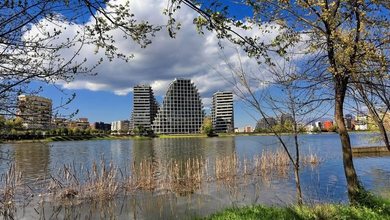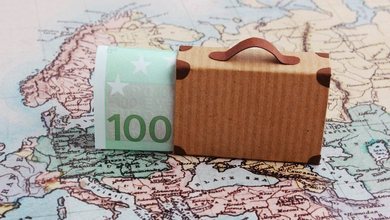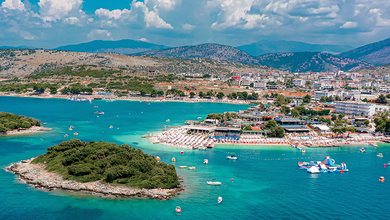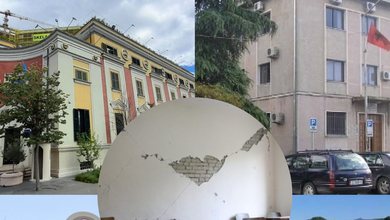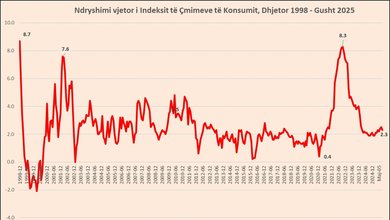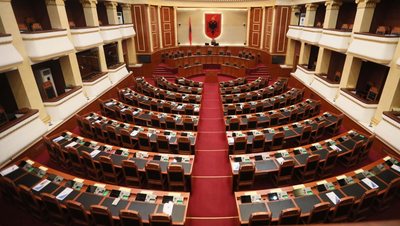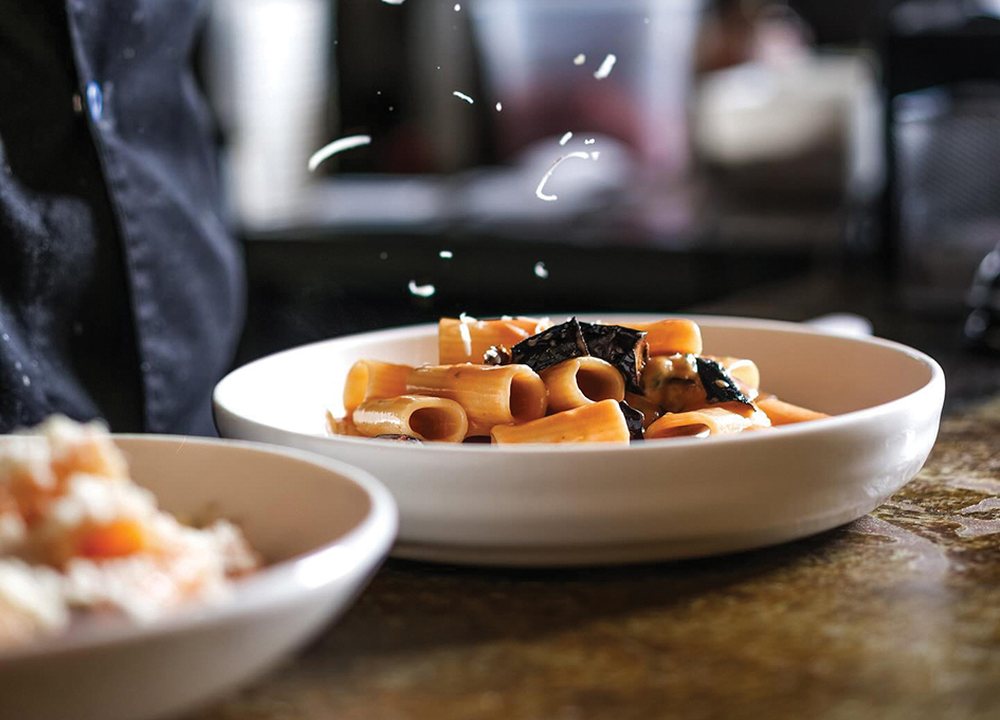
Currently, Albania continues to maintain a competitive advantage in terms of the prices of a typical restaurant meal. Official data from Eurostat for 2024 shows that Albania is the second cheapest country in Europe for restaurant and hotel prices, with costs half the European average (52.3% of the EU average).
This index measures the level of prices compared to the European average, which is set at 100%. Only North Macedonia, with an index of 49.5, is cheaper than Albania in this category.
This means that dining out and accommodation in Albania cost almost 50% less than the EU average. Albania is cheaper than countries in the region such as Turkey (68.9), Romania (68.5) or Bulgaria (53.2) – and much cheaper than countries such as Italy (106.9), France (110.0) or Germany (112.1).
In addition to official data from Eurostat, the international platform Numbeo also confirms that Tirana is one of the cheapest cities in Europe to eat out. According to Numbeo, a simple meal for one person costs an average of 9 euros, while a dinner for two people in a mid-priced restaurant is around 22.50 euros. These prices are significantly lower compared to cities like Rome (15€/33€), Athens (15€/27€) or Paris (15€/31€) – not to mention capitals like Stockholm where a similar dinner costs 51 euros.
In this context, data from Eurostat and Numbeo complement each other, Albania not only ranks as the second cheapest in Europe for restaurants and hotels, but also offers a very competitive quality-price ratio, especially for tourists from Western Europe who would pay double for the same experience in their own country.
The well-known media outlet “Travel and Tour World” qualifies Albania as one of the most affordable destinations in the Mediterranean, compared to Spain or Greece. It singles out Saranda as an “Ibiza with soft prices”, where a dinner for two costs around 5,000 lekë and a beer only 250 lekë. According to the media, tourists are choosing Albania for the low prices, the relaxed atmosphere and the authentic experience it offers.
This advantage makes Albania an increasingly attractive destination for tourists seeking culinary and cultural experiences at affordable prices. But experts warn that maintaining this advantage requires care in quality management, so that low prices do not become a signal of poor service.
Against this backdrop, Enri Jahaj, president of the Association of Bars and Restaurants, warns: “Restaurants cannot offer a quality standard at low cost, as rents and salaries are being standardized towards the region.”
But if Albania chooses to follow the path of price increases without a clear strategy to preserve quality and gastronomic identity, it risks facing the same fate as Croatia. According to recent reports from the “ Daily Express” , in many Croatian coastal areas, the food experience has become one of the main complaints of tourists. The price increases have not been accompanied by an improvement in quality – on the contrary, as holidaymakers themselves report, “the food is no longer as fresh and traditional as it used to be”. This has led to a significant decline in the number of visitors, especially in the segment that seeks authentic and affordable experiences.
This should serve as a warning to Albania, where there is still a real opportunity to build a sustainable identity around local cuisine. As Jurgen Bame, of Era Restaurant, points out, “low prices are an advantage, but they should not be the main goal – the priority should remain to provide a genuine, caring and standard experience.”
Facing domestic challenges requires more than keeping prices artificially low. Enri Jahaj emphasizes that “the biggest challenge is employment, keeping costs low, and the sector working together.” In the absence of this collective approach and support for maintaining quality at a reasonable cost, Albania’s current advantage itself could fade, paving the way for a downward cycle in gastronomic tourism./ Monitor.al


